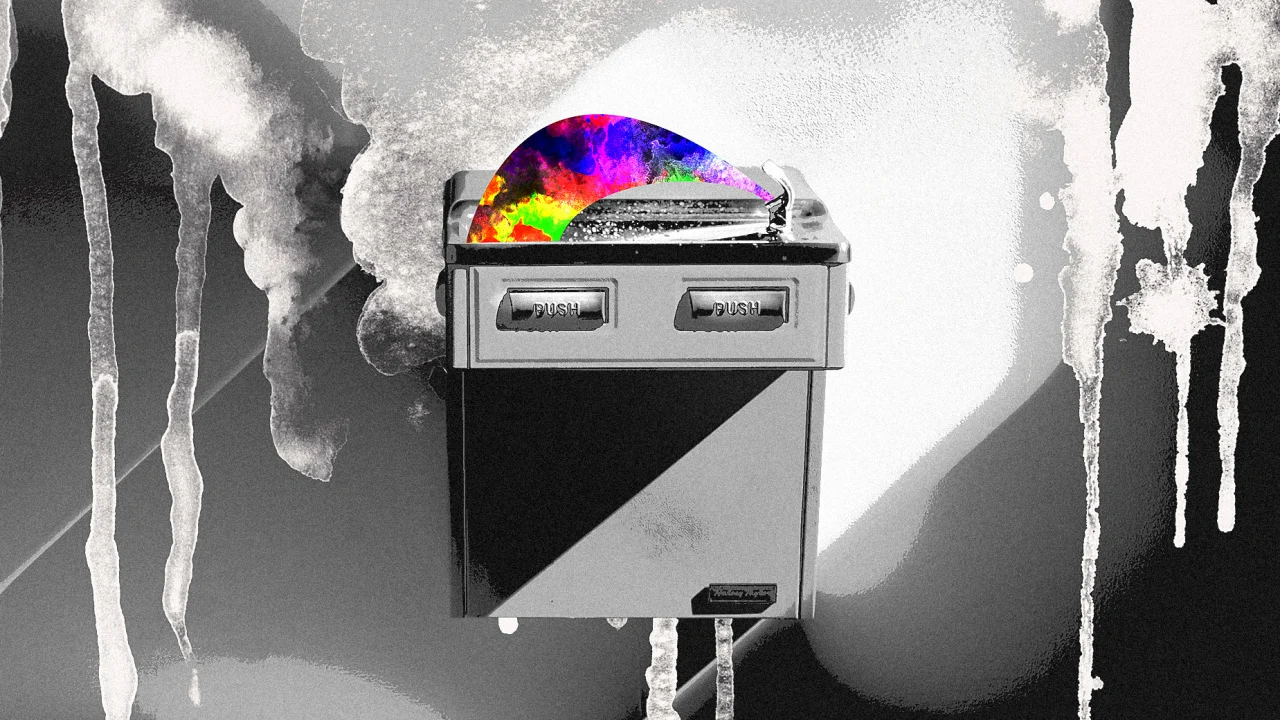How to Fix Your Credit: Effective Strategies for Improving Your Score
Key Takeaways

- Importance of Credit Score: A healthy credit score is essential for financial opportunities such as loans, mortgages, and employment.
- Key Credit Factors: Your credit score is influenced by payment history, credit utilization, length of credit history, types of credit, and new credit inquiries.
- Review Your Credit Report: Regularly check your credit reports for inaccuracies, and dispute any errors to improve your score.
- Create a Budget: Establish a budget to manage finances, prioritize debt payments, and ensure timely bill payments to maintain a positive credit history.
- Consider Credit Repair Services: Professional credit repair services can help address complex issues and enhance your eligibility for financing.
- Seek Professional Help When Needed: If credit management becomes overwhelming, hiring a reputable credit repair service can streamline the process and support your financial goals.
Your credit score can make or break your financial future. Whether you’re planning to buy a home, secure a loan, or even land a job, a healthy credit score is crucial. If your score isn’t where you want it to be, don’t worry—you’re not alone, and there are effective steps you can take to improve it.
Fixing your credit may seem daunting, but with the right strategies, you can turn things around. From understanding your credit report to tackling debt and building positive credit habits, you have the power to shape your financial destiny. Let’s dive into practical tips that will help you boost your credit score and open doors to better opportunities.
Understanding Credit Scores

Credit scores play a crucial role in your ability to secure financing for your small business. A solid credit score enhances your chances of loan approval, influencing not only interest rates but also loan terms and funding options available to you.
What Is a Credit Score?
A credit score represents your creditworthiness, derived from your financial behavior. This score typically ranges from 300 to 850, with higher scores indicating lower risk to lenders. Typically, a score above 700 is considered good, while a score below 600 may affect your access to traditional loans or small business loans.
Factors That Influence Your Credit Score
Several factors determine your credit score, including:
- Payment History: Timely payments enhance your score. Late payments can significantly impact your creditworthiness.
- Credit Utilization: Using a low percentage of your available credit strengthens your score. Aim to keep your utilization below 30%.
- Credit History Length: A longer credit history reflects reliability. Established accounts contribute positively to your score.
- Types of Credit: A mix of credit accounts, such as credit cards and loans, can improve your score.
- New Credit Inquiries: Each application for credit generates a hard inquiry, potentially lowering your score if done excessively.
Understanding these factors empowers you to make informed decisions as you work on building your business credit and exploring various financing options.
Steps to Fix Your Credit

Improving your credit involves several actionable steps. Following these steps enhances your creditworthiness, which is crucial for securing small business loans and other financing options.
Review Your Credit Report
Obtain your credit reports from Experian, TransUnion, and Equifax through AnnualCreditReport.com. Accessing these reports doesn’t affect your credit score. Ensure you receive one free report from each bureau per year. When reviewing your credit report, look for discrepancies in your accounts, outstanding debts, and personal information. Confirm all accounts are yours and that payment history aligns with your records. Consistent monitoring can provide insights into areas needing improvement for better loan eligibility.
Identify Errors and Disputes
Spotting errors on your credit report is essential for maintaining a strong business credit score. Look for any inaccuracies in reported payments, unfamiliar accounts, or incorrect personal details. If you find discrepancies, file disputes with the credit bureaus immediately. Include supporting documents to strengthen your claim; this will expedite the dispute process. Correcting these errors can significantly enhance your credit score, improving your chances in the loan application process for business financing and better interest rates on future loans.
Develop a Plan for Improvement

Improving your credit requires a structured approach. Start with these essential steps.
Create a Budget
Creating a budget helps you manage your business finances effectively. Identify your income sources and track all expenses, including operational costs and loan repayments. Allocate funds for paying bills, remaining mindful of cash flow. Use your budget to prioritize debt repayment and minimize unnecessary spending. This approach builds a strong foundation for increasing your business credit score.
Pay Your Bills on Time
Paying your bills on time directly impacts your creditworthiness. Timely payments demonstrate reliability to lenders, enhancing your chances of loan approval. Set reminders or automate payments to ensure punctuality. Failure to meet payment deadlines can lead to higher interest rates and detrimental effects on your credit score. By maintaining a consistent payment record, you’ll improve your eligibility for small business loans and favorable loan terms.
Utilizing Credit Repair Services

Credit repair services can help you enhance your business credit score, facilitating access to essential funding options. These services address complex credit issues, ensuring your creditworthiness improves.
When to Consider Professional Help
Consider hiring a credit repair company if managing your credit feels overwhelming or if you encounter significant issues like identity theft or persistent errors on your reports. If your goal includes securing small business loans or improving your chances for favorable loan terms, timely and expert assistance can streamline the credit repair process. Hiring professionals saves you time and allows you to focus on growing your business rather than navigating financial complexities alone.
What to Look for in a Credit Repair Service
When selecting a credit repair service, prioritize companies that have positive reviews and proven outcomes. Ensure they provide transparent information about their processes and comply with regulations set by the Credit Repair Organizations Act (CROA). Look for services that offer a personalized approach to tackling your specific credit problems, whether related to inaccurate data affecting loan applications or longstanding debts impeding loan eligibility. Verify their ability to communicate effectively and update you promptly about the outcomes of disputes. These factors will facilitate smoother interactions as you work towards achieving your financial goals and securing the necessary capital for business growth.
Conclusion

Improving your credit score is a journey that requires patience and dedication. By taking actionable steps and understanding the factors that influence your creditworthiness, you can make significant strides toward a healthier financial future. Remember to regularly check your credit reports for errors and stay on top of your payments.
If you find yourself feeling overwhelmed, don’t hesitate to seek professional help. A credit repair service can provide tailored solutions to your unique challenges. With the right strategies in place, you’ll unlock better opportunities for loans and financing, paving the way for your personal and business goals. Keep pushing forward and stay committed to building the credit you deserve.
Frequently Asked Questions
What is the importance of a healthy credit score?
A healthy credit score is crucial for many aspects of life, such as buying a home, securing loans, and even job opportunities. It reflects your creditworthiness and influences the terms and approval of loans.
How can I check my credit score?
You can check your credit score for free by visiting AnnualCreditReport.com, where you can access reports from the three major credit bureaus: Experian, TransUnion, and Equifax.
https://www.youtube.com/watch?v=P7FMujd2tF8
What factors influence my credit score?
Key factors that influence your credit score include payment history, credit utilization, length of credit history, types of credit, and new credit inquiries. Understanding these can help you improve your score.
How can I improve my credit score?
To improve your credit score, review your credit reports for errors, create a budget to manage finances, prioritize debt repayment, pay bills on time, and consider using credit repair services if needed.
What are credit repair services?
Credit repair services help individuals improve their credit scores by identifying and disputing errors on credit reports and providing guidance on managing debts and credit behaviors.
How does a good credit score affect small business financing?
A good credit score increases the chances of loan approval, secures better interest rates, and opens up more favorable funding options for small businesses.
What should I look for in a credit repair service?
When choosing a credit repair service, prioritize companies with positive reviews, transparent processes, compliance with the Credit Repair Organizations Act (CROA), and effective communication that meets your specific needs.
Image Via Envato
This article, "How to Fix Your Credit: Effective Strategies for Improving Your Score" was first published on Small Business Trends
What's Your Reaction?
 Like
0
Like
0
 Dislike
0
Dislike
0
 Love
0
Love
0
 Funny
0
Funny
0
 Angry
0
Angry
0
 Sad
0
Sad
0
 Wow
0
Wow
0


























































































